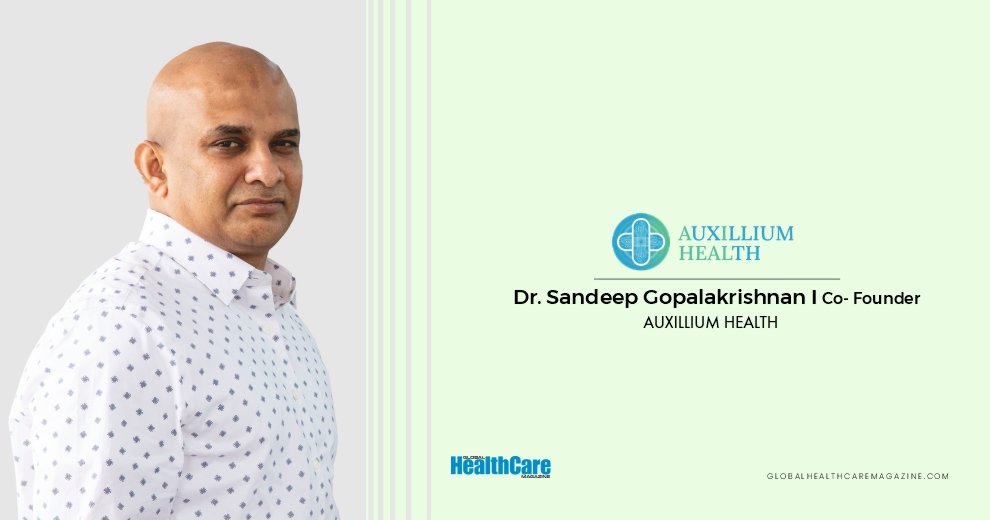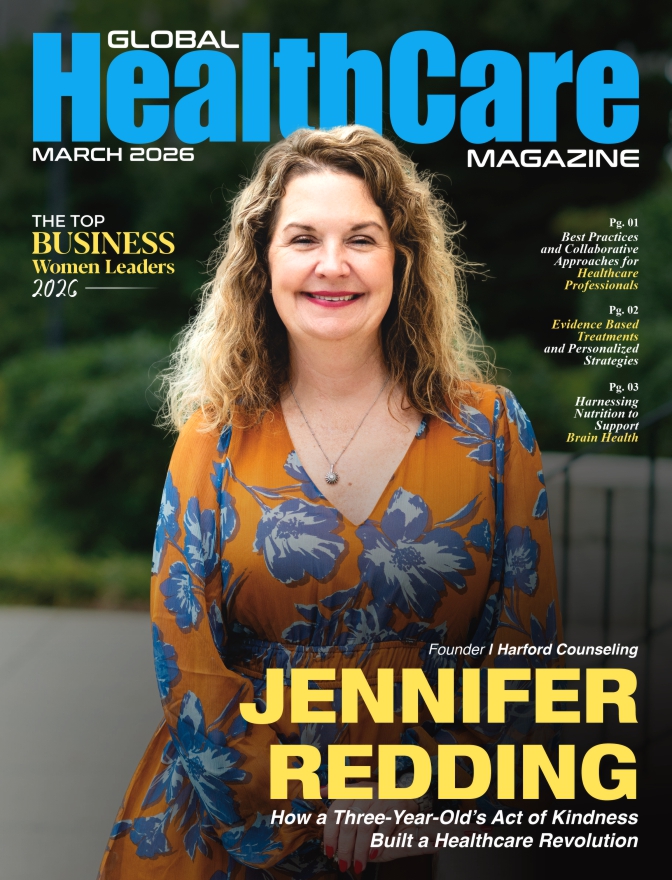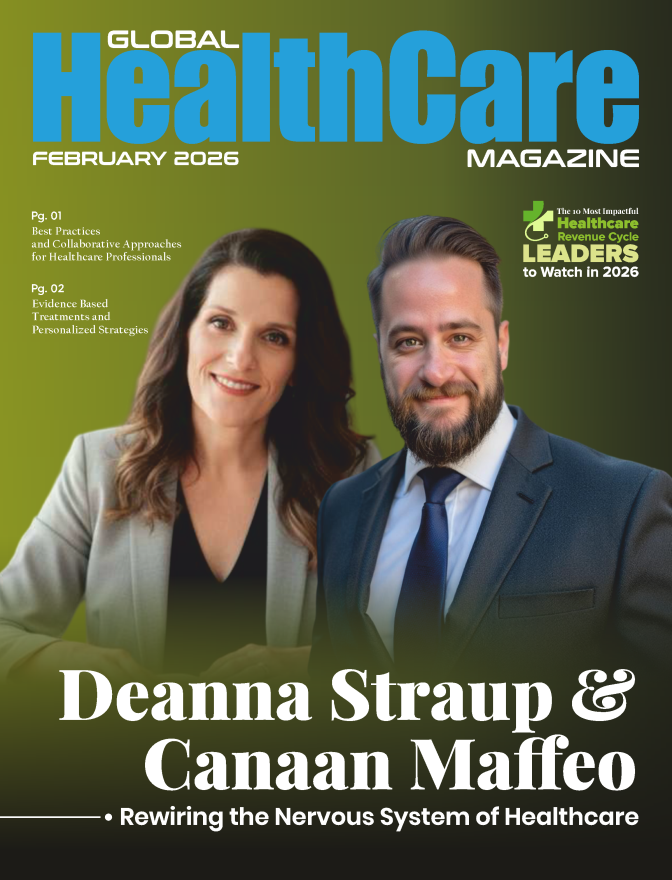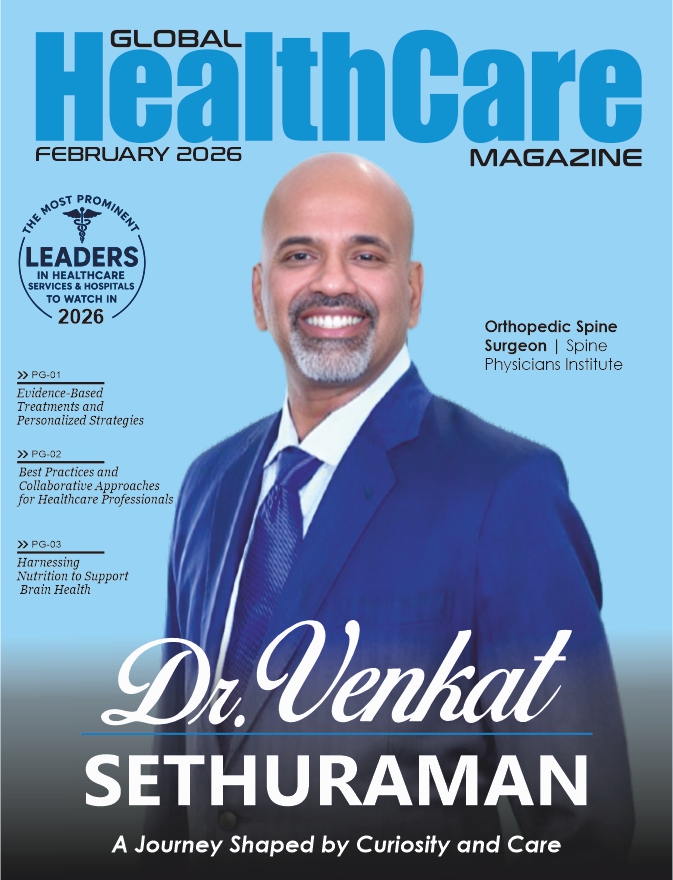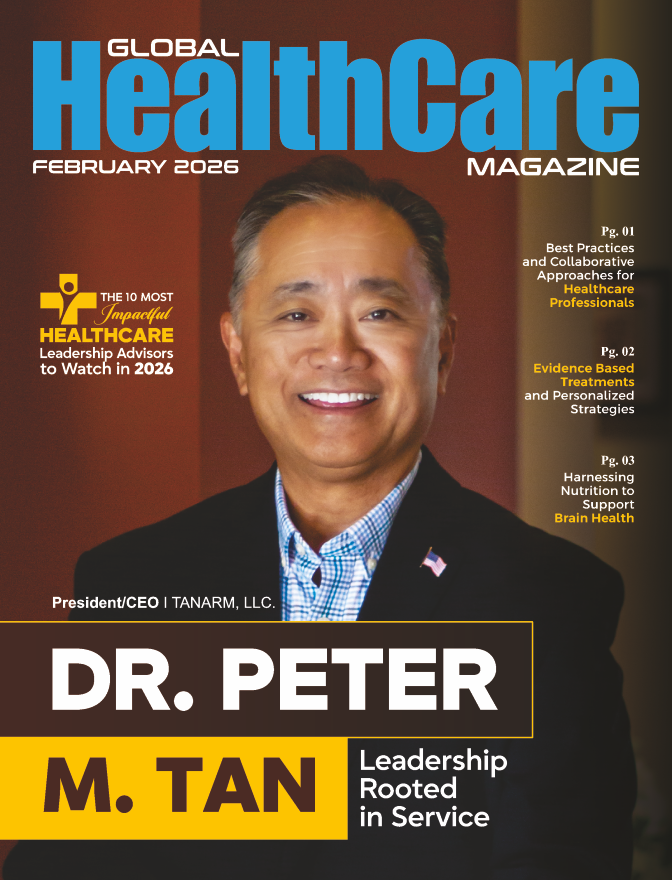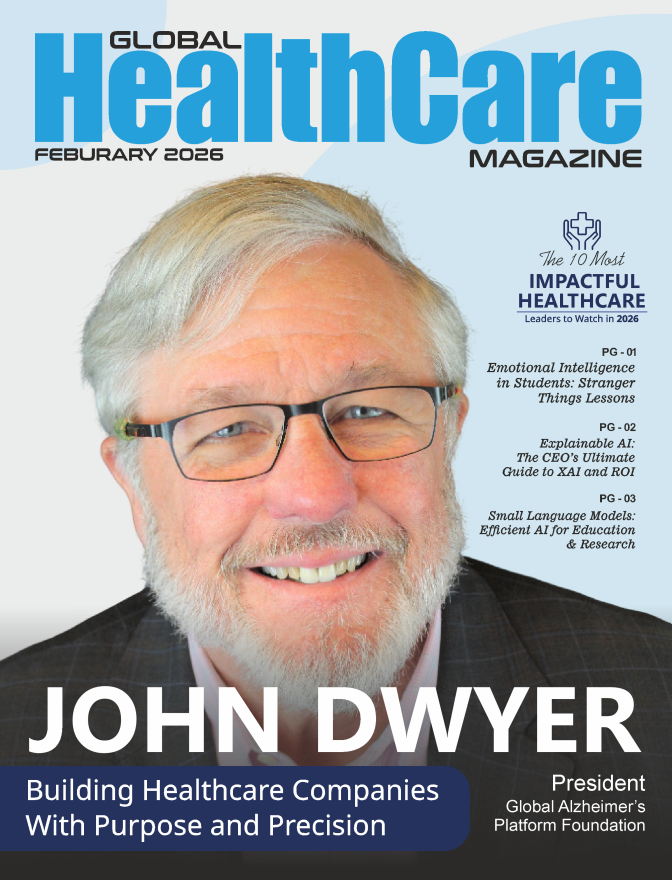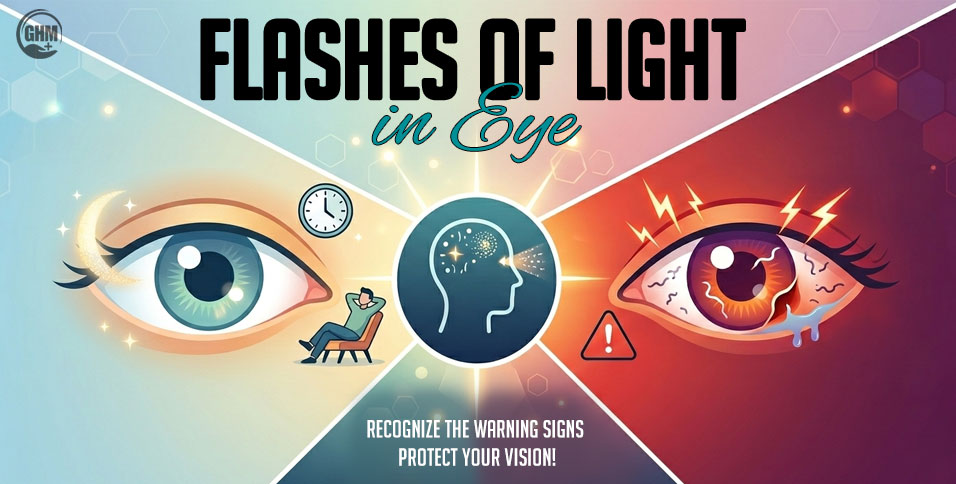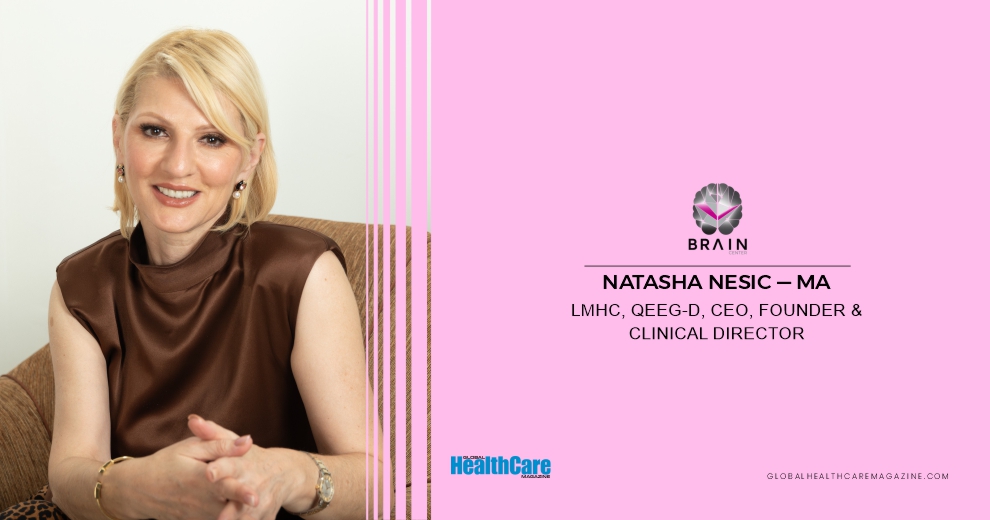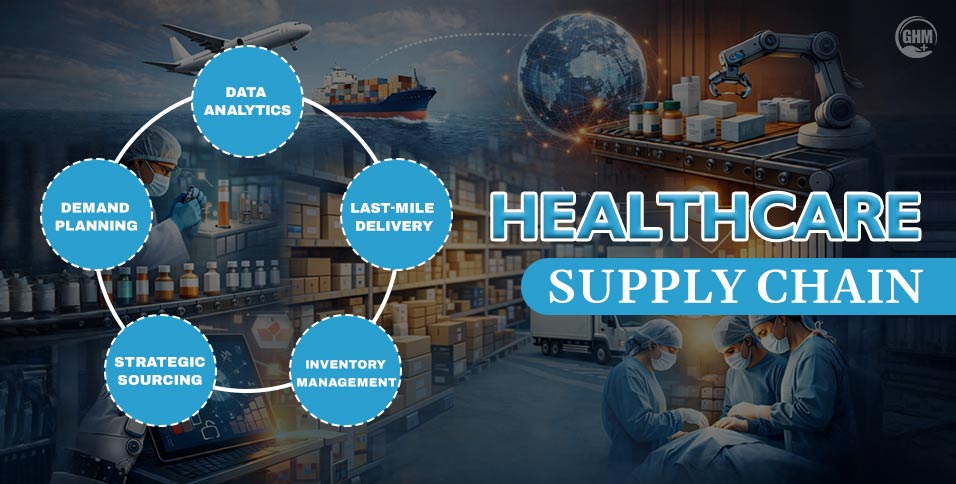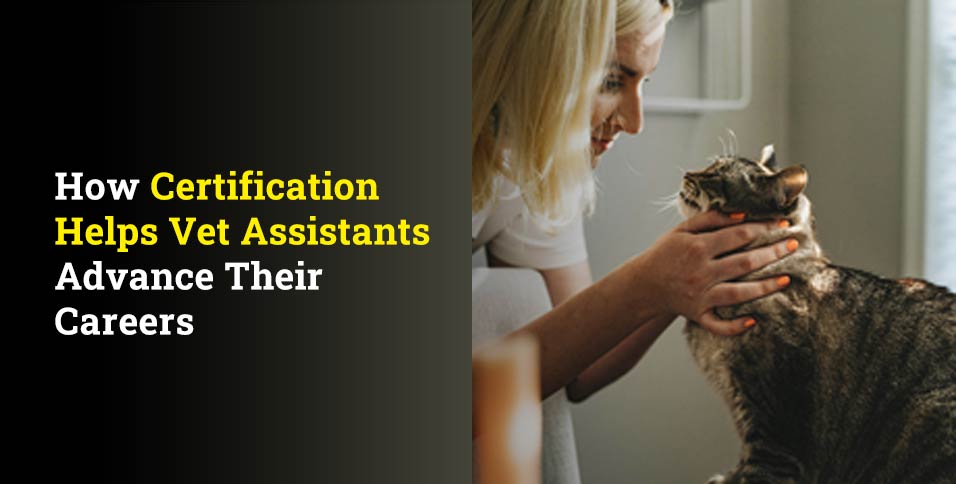A wound is a story written on the body. It is a narrative of trauma, a complex biological drama of inflammation, proliferation, and remodeling. For centuries, the way we read this story has been largely subjective, a matter of the trained eye and the experienced hand. But in a quiet laboratory in Milwaukee, and through the invisible channels of digital health, Dr. Sandeep Gopalakrishnan is teaching a new generation of tools to read this story with a precision and foresight the human eye could never achieve.
Dr. Sandeep Gopalakrishnan is a translator, a bridge builder, a man whose life’s work is dedicated to translating the body’s ancient language of healing into the digital grammar of the future. His own story begins with a foundational curiosity about the human body that took root in Thiruvananthapuram, India. It was there, at the Government Medical College, one of the nation’s oldest and most revered medical schools, that he pursued a degree in Medical Laboratory Technology. This was not just an education; it was an immersion. Post graduation, he stepped into the world of advanced research as an assistant at the Sree Chitra Tirunal Institute for Medical Sciences and Technology (SCTIMST). He contributed to projects in cellular and molecular cardiology and later, electron microscopy, experiences that gave him an intimate familiarity with the powerful tools of scientific discovery.
The pull of deeper knowledge led him across the globe to the United States and to the University of Wisconsin-Milwaukee for graduate studies in Biomedical Sciences. It was here that the central theme of his career began to emerge. His master’s thesis used photobiomodulation to study tissue repair in a diabetic animal model, and his doctoral work expanded this inquiry into retinal tissue regeneration. He was becoming fluent in the language of healing. After a postdoctoral fellowship in neurophysiology at the Medical College of Wisconsin, a role that sharpened his expertise in translational research, he returned to the University of Wisconsin-Milwaukee as a tenure-track faculty member. He had found his intellectual home and was ready to build his own research program focused on wound healing and tissue repair.
This focus was a natural evolution of Dr. Gopalakrishnan’s journey. He was drawn to this often overlooked and deeply complex field precisely because of its potential for innovation. He saw a frontier where digital technologies like AI, remote monitoring, and data analytics could fundamentally transform patient care and outcomes. It was this passion for translating laboratory discoveries into real-world clinical tools that earned him a tenured faculty position and, fatefully, led him to a collaboration with Dr. Jeffrey Niezgoda, a clinician scientist he describes as a visionary mentor. That partnership, built on a shared openness to innovation, has become a cornerstone of his work, culminating in the co-founding of Auxillium Health, an AI-driven digital health startup poised to redefine wound care.
The Lab and the Lens
At the University of Wisconsin-Milwaukee, Dr. Gopalakrishnan now directs the Wound Healing and Tissue Repair Analytics Lab. The name itself speaks to his philosophy. It is a place where the biological mechanisms of tissue repair are studied with an interdisciplinary lens, integrating preclinical experiments, data analytics, and digital health technologies.
One of the lab’s core research areas is studying cellular and molecular responses to mitochondria-targeted interventions. They use novel molecules that have shown promise in promoting tissue regeneration, particularly in diabetic and aging wound models. The goal is twofold: to optimize treatment parameters and to understand the deep, underlying mechanisms of healing. Another primary focus of the lab is the development and validation of digital biomarkers for wound healing. Through a close collaboration with clinical partners, including Dr. Niezgoda and Auxillium Health, his team is building AI-driven platforms. These platforms use image-based analytics and remote monitoring to assess a wound’s progression and predict its healing trajectory. The mission is to create tools that empower clinicians with timely, data-informed decisions that can tangibly improve patient outcomes.
His work also explores the systemic conditions that complicate healing, such as diabetes, aging, and vascular disease, using both preclinical models and clinical datasets. The lab’s emphasis is always on translational research, on bridging the persistent gap between the discoveries made on the lab bench and the care delivered at the patient’s bedside. The ultimate mission, he states, is to advance the science of healing while creating accessible, scalable solutions for real-world clinical settings.
A Vision for Healing at Scale
The creation of Auxillium Health was a direct answer to one of healthcare’s most persistent and costly challenges. Dr. Gopalakrishnan and his co-founders saw a field of wound care that was fragmented, reactive, and incredibly resource-intensive. Despite the high prevalence of chronic wounds, management often lacked standardized protocols and the scalable tools needed to provide timely interventions, especially in remote or underserved communities.
Auxillium Health tackles this problem head on with an AI-powered digital health platform. The system enables early detection, continuous monitoring, and personalized treatment planning for chronic wounds. It integrates image-based analytics, predictive modeling, and clinical decision support, allowing providers to assess a wound’s progress remotely and intervene proactively before a complication can occur.
What truly sets Auxillium apart is its DNA. It is a platform co-developed with wound care specialists, ensuring the tools are not just scientifically robust but also clinically intuitive and compatible with existing workflows. Dr. Gopalakrishnan emphasizes that their approach is grounded in real-world evidence and translational research. Through partnerships with academic institutions and clinical networks, the company’s algorithms are continuously validated and refined across diverse patient populations and care environments. “Ultimately, Auxillium Health is more than a technology company,” he explains. “It is a mission driven initiative to democratize access to high quality wound care, reduce disparities, and equip clinicians with the tools they need to deliver smarter, faster, and more equitable care.”
This technological shift is fundamentally reshaping wound care research itself. Dr. Gopalakrishnan sees AI, data analytics, and digital platforms as the catalysts moving the field from being reactive to proactive and highly personalized. Computer vision can now analyze wound images with a precision that surpasses the human eye, objectively measuring dimensions, assessing tissue types, and detecting subtle signs of infection. This creates more standardized and reliable research data. Machine learning models can analyze vast datasets to predict healing trajectories, which allows researchers to identify high-risk patients and test preventative strategies. This also accelerates drug development by facilitating decentralized clinical trials with real-time data collection from patients’ homes.
A Wider Stage and an Interconnected Life
This same spirit of connection and collaboration defines Dr. Gopalakrishnan’s vision for the American Professional Wound Care Association (APWCA), where he serves as Secretary. As the largest professional interdisciplinary wound care association in North America, he believes the APWCA has a unique responsibility to be a catalyst for innovation and excellence. He sees the organization as a dynamic platform where physicians, nurses, podiatrists, researchers, and technologists can unite to share insights and shape the future of care delivery.
Balancing his roles as a professor, researcher, innovator, and APWCA leader is a complex orchestration. His days are varied, but he starts each one by setting clear priorities, carving out dedicated time for teaching and mentoring students, leading lab meetings, and engaging in the deep work of research writing and grant development. He finds immense energy in these interactions, noting that they keep him grounded in the “why” behind his work. His focus and energy are fueled by a deep sense of purpose and a few key habits: staying organized, protecting time for focused work, and surrounding himself with curious, driven people. He sees each role not as a separate hat to wear, but as “interconnected threads in a larger mission.”
That sense of interconnectedness extends to his personal life. Dr. Gopalakrishnan sees work-life balance not as a perfect division of time, but as being fully present in each moment. He recharges by reading books that blend science and storytelling, traveling, and spending time in nature. His family and friends are his anchor. Science is even woven into his family life; his spouse is a Distinguished Research Fellow at UW–Madison, and their home is often filled with lively scientific discussions, creating a dynamic environment of curiosity for their two daughters.
Dr. Gopalakrishnan’s journey has not been without its challenges. He speaks of navigating the transition from India to the U.S. for his graduate studies, a move that required deep persistence and adaptability. Another constant challenge has been bridging the gap between research and clinical application, a complex endeavor that requires scientific rigor, regulatory navigation, and a profound understanding of patient needs. Yet, these hurdles are balanced by moments of deep fulfillment. Earning tenure and establishing his lab was a defining milestone. Being recognized by his peers, first as a Diplomate (DAPWCA) and later elevated to a Master of the APWCA (MAPWCA), was profoundly humbling and affirmed his dedication to the field. Co-founding Auxillium Health and seeing that vision become a reality has been incredibly rewarding. But he insists that his proudest moments are the quieter ones: “when a student I’ve mentored succeeds, when a research idea turns into a real world solution, or when a patient benefits from something we’ve helped create.”
Looking to the future, Dr. Gopalakrishnan’s plans are centered on scaling his impact. He is excited to deepen his lab’s research into biomarker discovery and personalized wound care strategies. At Auxillium Health, the team is preparing to launch the next phase of its platform and is initiating pilot programs in rural and underserved communities. He is also passionate about building global partnerships, especially in low and middle-income countries, to co-develop affordable and effective wound care solutions.
When asked for a final thought, he offers a principle that has clearly guided his own path. “Stay curious, and stay committed,” he advises. “Curiosity fuels discovery, kindness builds trust and collaboration, and commitment turns vision into impact.” It is a simple mantra for a complex mission, one that continues to drive this quiet, thoughtful leader as he builds the bridges to a more innovative and healing future.
Quote
“Curiosity fuels discovery, kindness builds trust and collaboration, and commitment turns vision into impact.”
Also Read: 10 Most Impactful Wound Care Leaders to Watch in 2025

